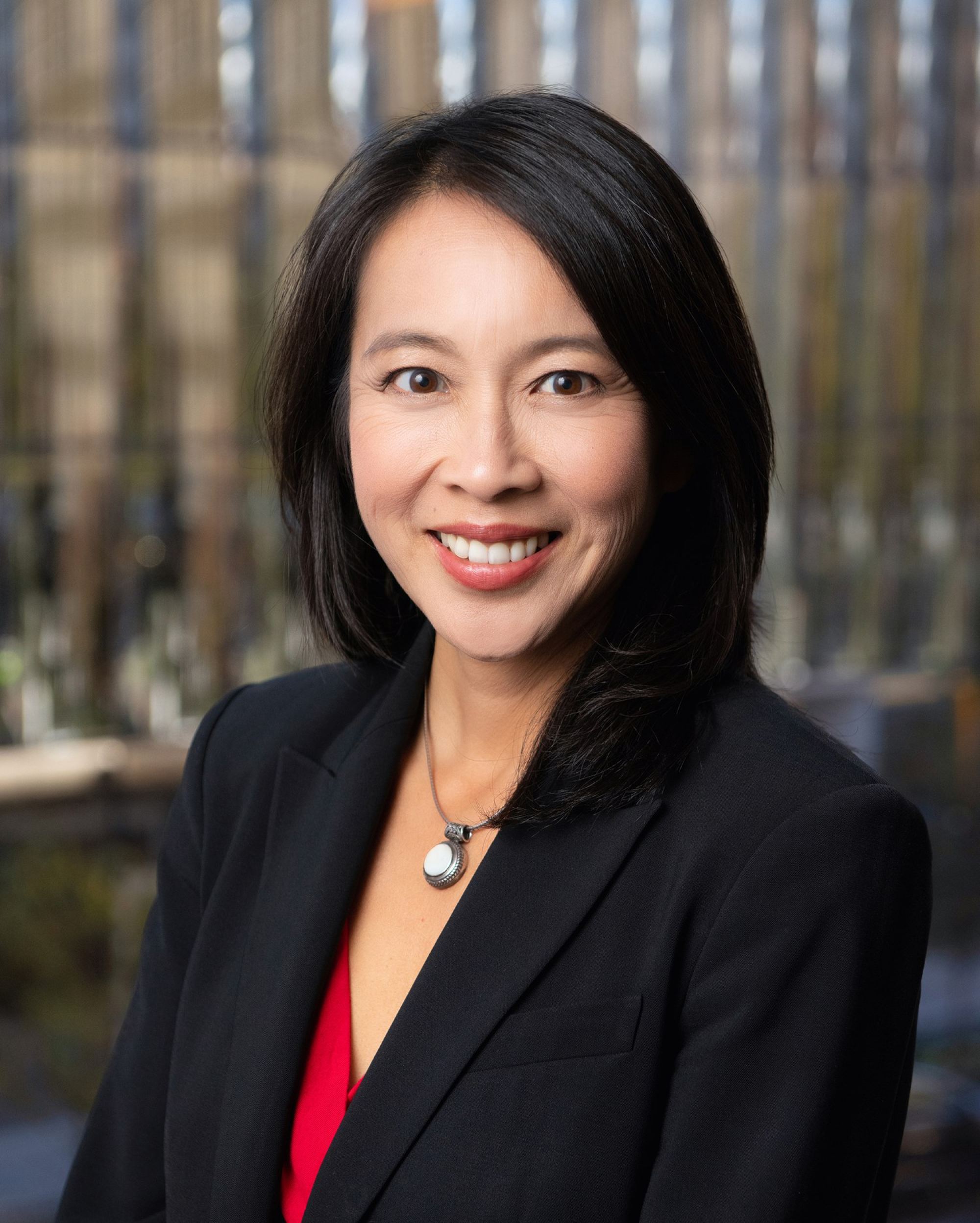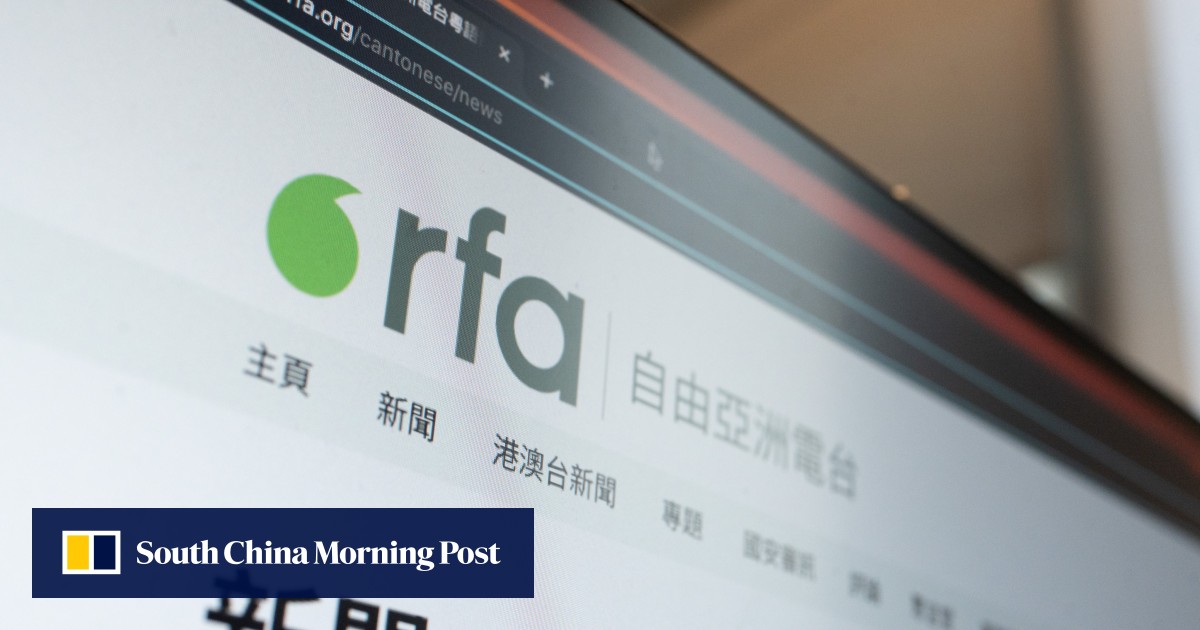“Actions by Hong Kong authorities, including referring to RFA as a ‘foreign force’, raise serious questions about our ability to operate in safety with the enactment of Article 23,” its president and CEO Bay Fang said on the radio station’s website.
“Concerns about the safety of RFA staff and reporters in Hong Kong have led us to restructure our on-the-ground operations there.”
The government was quick to condemn what it called scaremongering remarks and sought to offer reassurances that “normal journalists” would not unwittingly violate the security law known as Article 23 after the article in the city’s mini-constitution mandating the passing of the legislation.

Fang said they had no full-time employees in Hong Kong as its physical bureau was closed, while its official media registration would be retained.
RFA, which set up its Hong Kong bureau in 1996, would “shift to using a different journalistic model reserved for a closed media environment”, she said.
An insider told the Post on Friday that among the four full-time staff in the city, two were recently relocated to Washington, one to Taipei and the remaining one was made redundant.
Radio Free Asia may quit Hong Kong as Article 23 law expected to come into force
Radio Free Asia may quit Hong Kong as Article 23 law expected to come into force
There were also several staffing changes after Beijing imposed a national security law in 2020, including two reporters who were relocated to Taiwan 18 months ago.
A government spokesman on Friday said it would not comment on the “operational decisions of individual organisations” but said it strongly disapproved of and condemned “all scaremongering and smearing remarks against the security law”.
“Normal journalists will not engage in acts and activities endangering our national security and will not unwittingly violate the law,” he said.
“To single out Hong Kong and suggest that journalists would only experience concerns when operating here but not in other countries would be grossly biased, if not outrageous.”
Hong Kong security chief slams US claims national security law would target media
Hong Kong security chief slams US claims national security law would target media
While the Legislative Council was holding marathon meetings earlier this month to push forward the Safeguarding National Security Ordinance, insiders at the station told the Post that reporters were told to leave Hong Kong as early as late February, with its office to be handed back to the station’s landlord in mid-April.
When asked whether RFA’s coverage on the new law could constitute external interference or espionage offences, security minister Chris Tang told the media last month before the bill was tabled that he could not provide a generalised comment as “each case had to be looked at individually”.
He said last week in an interview with the Post that a news organisation would only commit a crime if it colluded with an external force and knowingly published false statements. A news report would not cross the line “unless we could prove the above”, he said.

